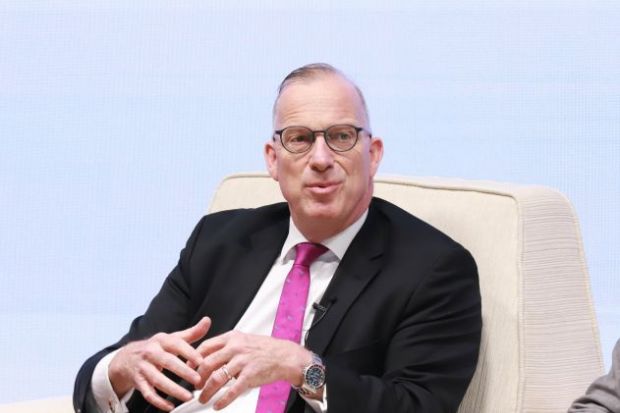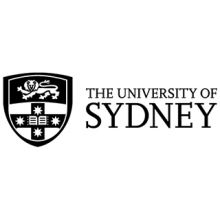There is still “huge public support” for Australia maintaining academic and student ties with China despite the growing “geopolitical tensions” between the Asian giant and Western governments, a vice-chancellor has said.
Michael Spence, head of the University of Sydney, said that although sections of the media in Australia could be hostile to higher education’s role in relations with China, others – including the federal government – knew how important links with the country were.
Research collaborations between Australia and China have increasingly come under the microscope over their perceived risks to security, while there has also been a growing debate about Australian universities’ increasing reliance on Chinese student recruitment.
Speaking at an event co-hosted by Times Higher Education and the University of Toronto in Davos, Switzerland, the location of this week’s World Economic Forum, Dr Spence said that Sydney had “deep research collaborations with many Chinese universities” and staff and student movement between the countries was “incredibly important”.
“Universities are going to be subject to geopolitical tension of one kind or another. And it seems to me to be important that what we do as institutions is keep the conversation at a people-to-people, researcher-to-researcher and student-to-student level going,” he said.
“What’s been exciting for me in this conversation in Australia is we have found huge public support for that,” he added. “Not always support from the [Rupert] Murdoch-controlled [sections of the] press, not always support in the complexities of local politics but support, I have to say, also from the Australian government.”
Julie Bishop, the country’s former foreign affairs minister and now chancellor of Australian National University, who was also speaking at the event, echoed Dr Spence’s comments, saying that China had been the “most popular destination” for students taking part in the New Colombo Plan, a scheme for undergraduates to study abroad that she oversaw while in office.
“We have the support of the Australian people to build better relations with the countries in our region and they look to the universities – through student exchange – as a means of maintaining that non-political connection whatever might be happening…at a government-to-government level,” she told the event.
“There is a kind of comfort that is drawn from the fact that our people-to-people connections – particularly through our student exchanges – are strong and go beyond whatever tensions there might be as a result of geo-strategic and geopolitical issues.”
The event featured senior leaders from 14 universities to introduce some of the key themes to be addressed at the THE World Academic Summit 2020, which will be held later this year in Toronto on the theme ‘The power of place’.
On the question of international student numbers in Australia, Dr Spence added that there was “a question about how comfortable people are with an institution that would [be], for example, more than 50 per cent international students”.
“No university in Australia has yet tested the question of what the tipping point is” for this share and what might be tolerated by the public in terms of universities’ “social licence to operate”, but he said “that is a question that my governing body is constantly debating”.
simon.baker@timeshighereducation.com
Watch highlights from the Davos 2020 event
Register to continue
Why register?
- Registration is free and only takes a moment
- Once registered, you can read 3 articles a month
- Sign up for our newsletter
Subscribe
Or subscribe for unlimited access to:
- Unlimited access to news, views, insights & reviews
- Digital editions
- Digital access to THE’s university and college rankings analysis
Already registered or a current subscriber? Login











